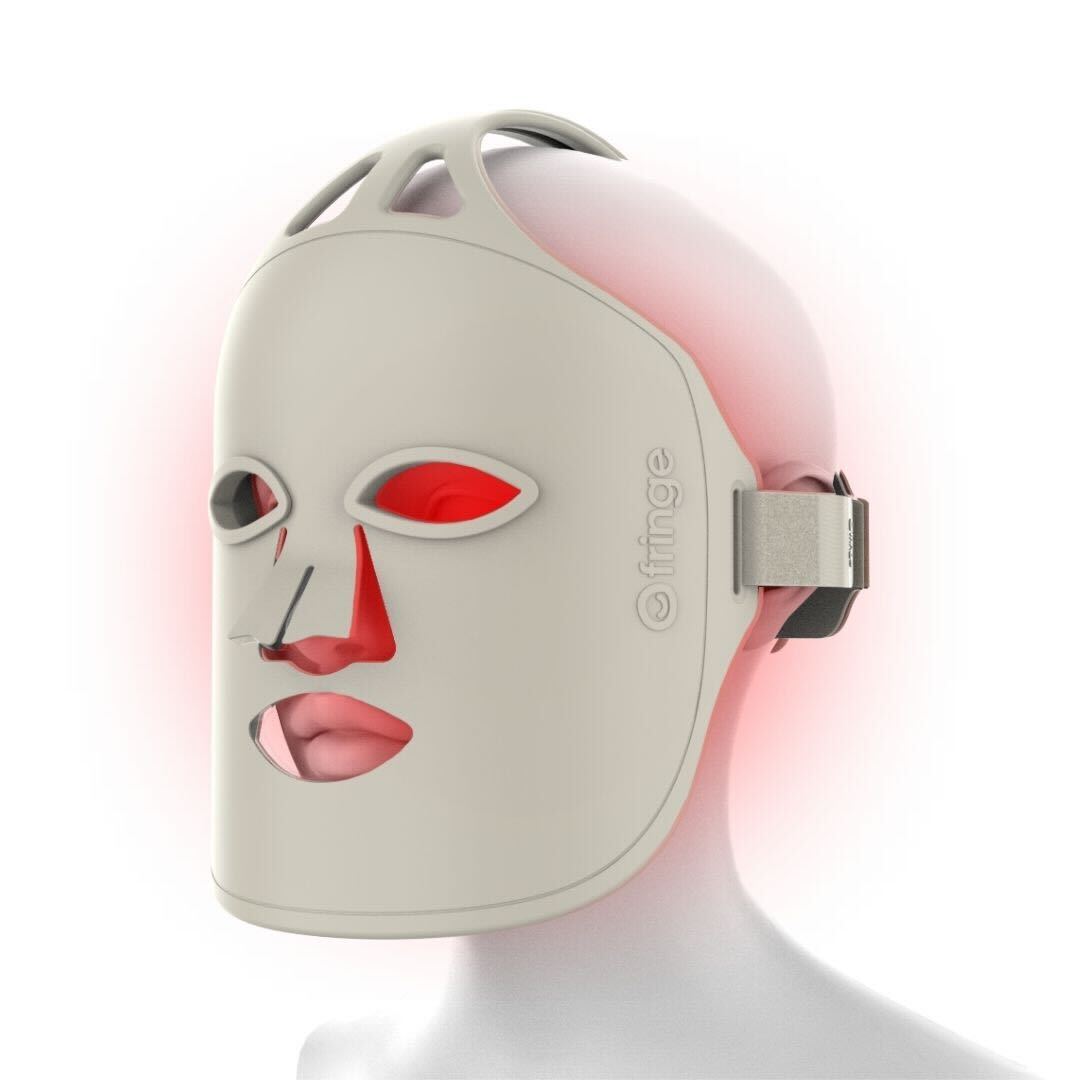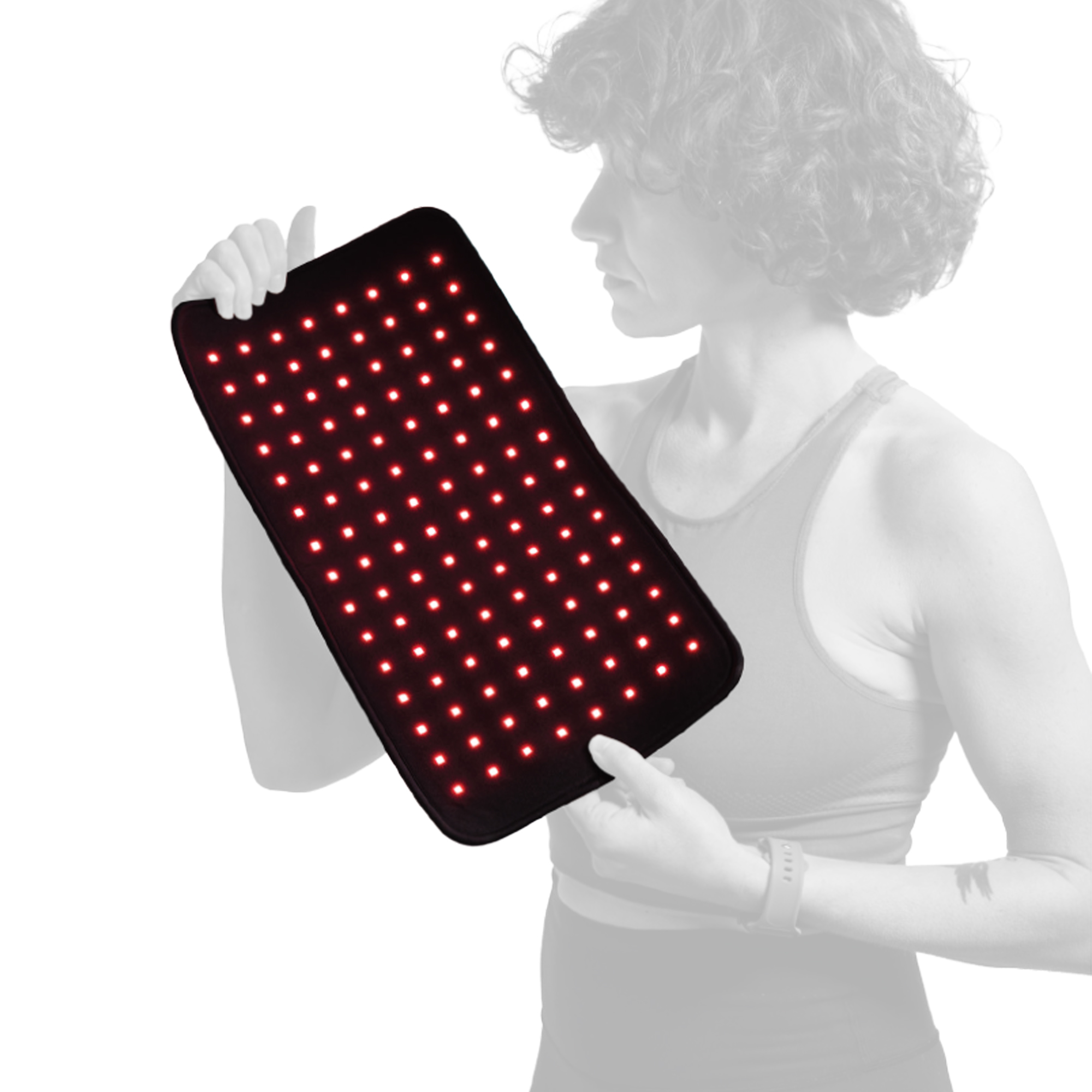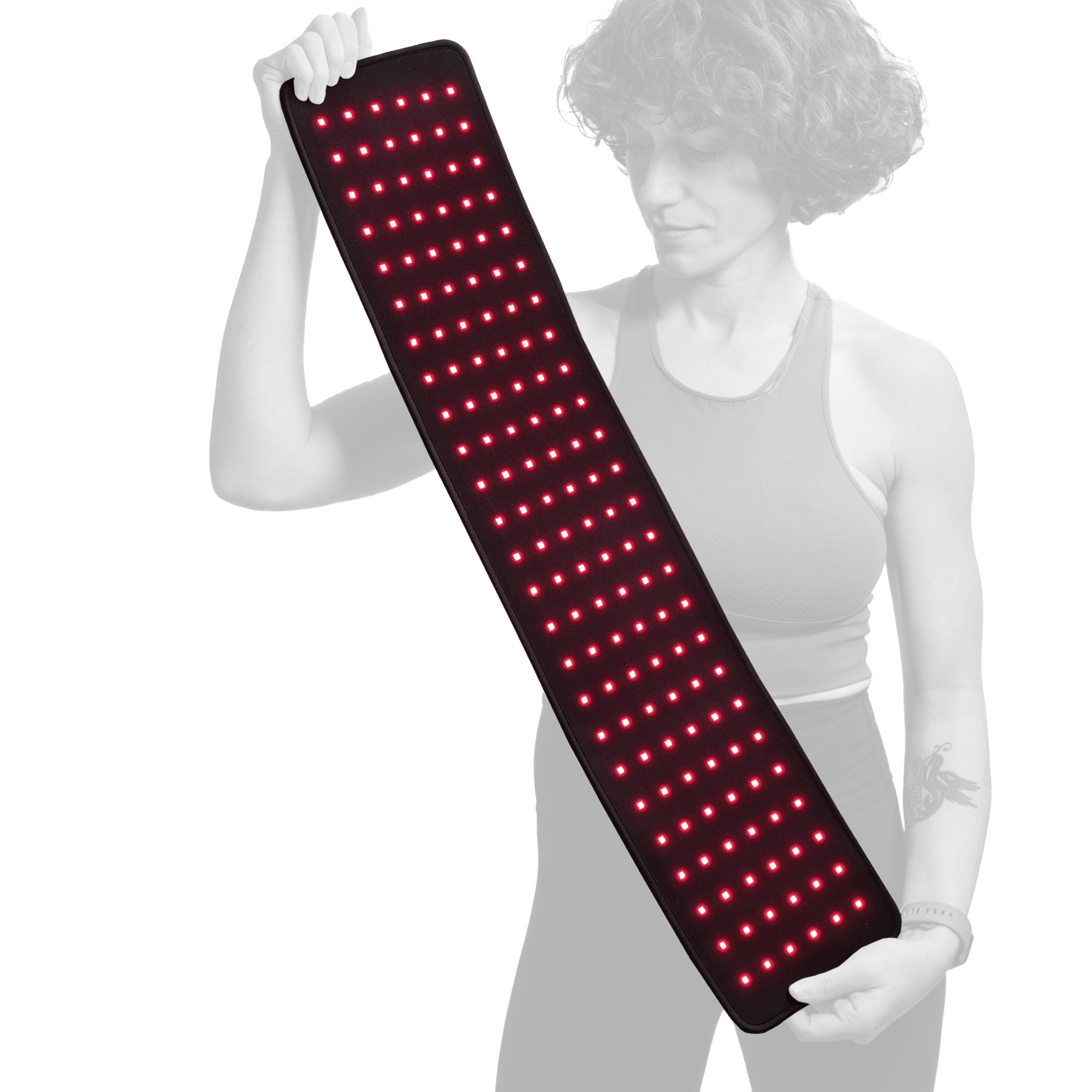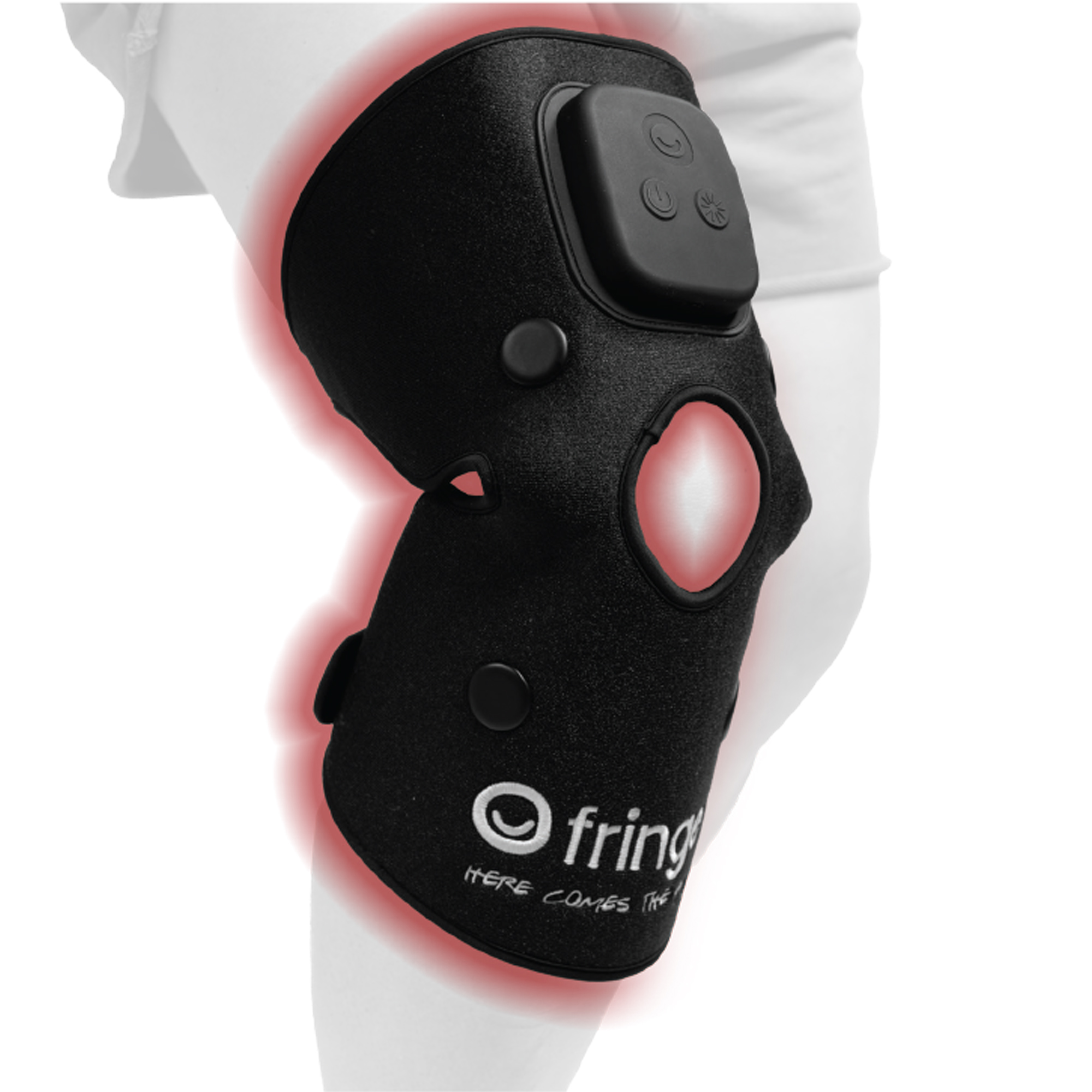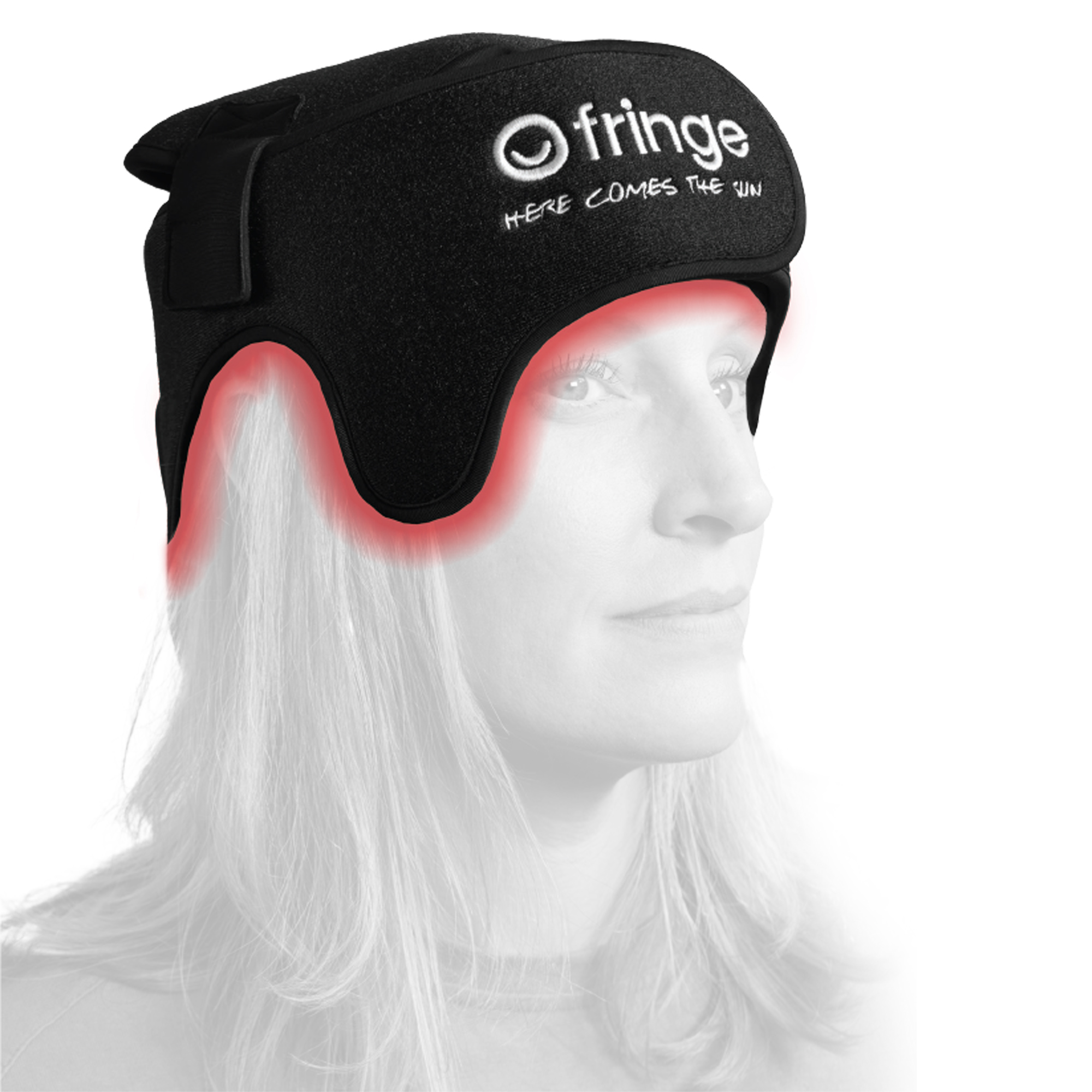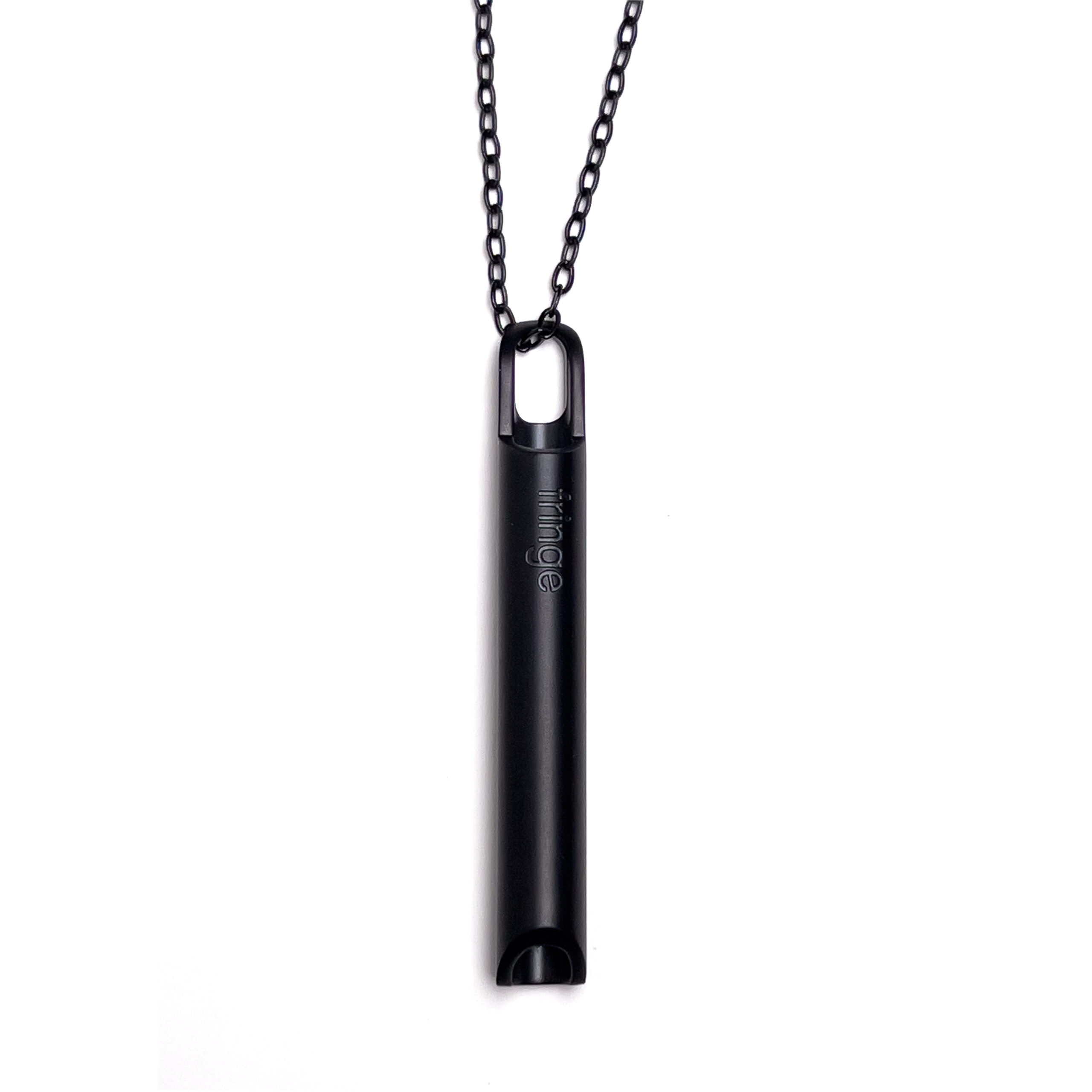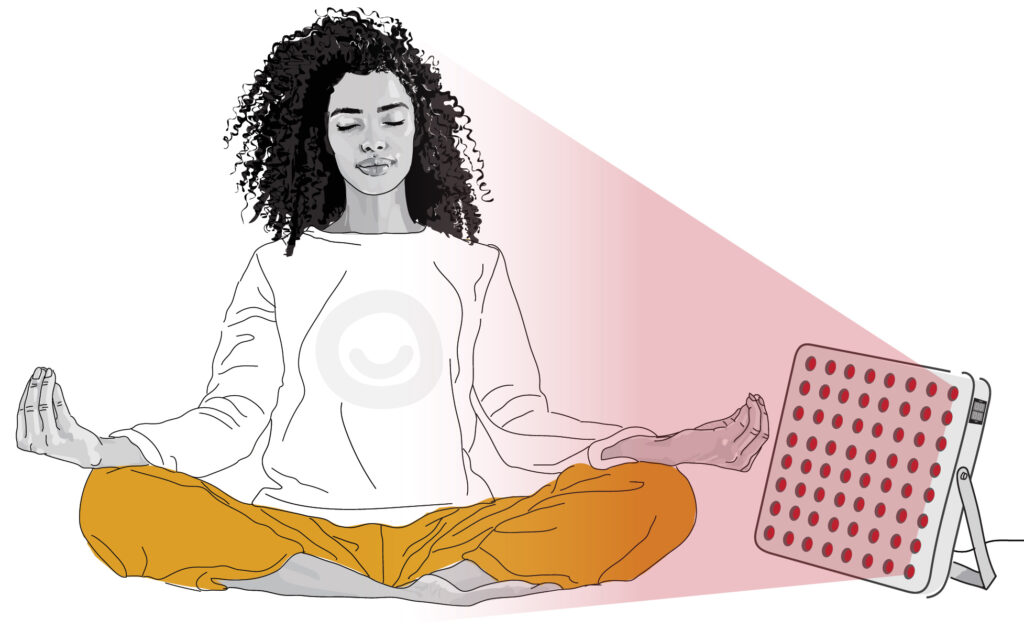
light heals
Light is a powerful healing force. As our bodies bathe in sunlight, or light designed to mimic sunlight; our physiology changes. Light activates a healing cascade inside of our body and mind. A warm, glowing sun looks and feels particularly magical, and there is plenty of science to explain and connect that magical healing light with Fringe red light therapy.
Red Light Therapy Panel – 192W
Red Light Therapy Wrap
Red Light Therapy Wrap Extra Long
Red Light Therapy Wrap – Knee, Foot, Ankle
Red Light Therapy Wrap – Head

breath heals
For thousands of years, ancient breathwork traditions emphasized special breathing practices because they were found to have value for a person’s health and wellness.
Breathing, and changing how we breathe triggers many physiological mechanisms that can have an immediate calming, energizing, and clarifying effect on both our mind and body.
let it breathe, let it breathe
a handy breathing companion
Fringe Kalm Breath Tool
community heals
One thing is universally needed for all of us to be healthy – each other. We hope to become a resource for both the medical community, but also the human community, as we all strive to find our balance in this world. We’re excited you’re here – start by clicking below to join us!
fringe heals
Our bodies have an incredible capacity for healing, let’s get after it.



Yesterday’s Medicine, Today’s Science
The outer edges. The fringe is where we can be who we are,
where we have always belonged.

